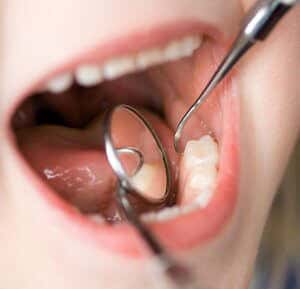
Humans support a variety of microbes on our skin, in our digestive tracts and elsewhere. As a result, some observers have noted that there are more bacterial cells than human cells in our bodies. As we learn more about our microbiota, we are discovering that the balance of species is important. New information shows that this is just as true of mouth microbes as of microbes in the rest of the digestive tract.
How Do Mouth Microbes Affect the Immune System?
Researchers at Case Western Reserve University have studied the mix of microbes in the mouth (Bhaskaran et al, Frontiers in Microbiology, Aug. 24, 2018). Some of the mouth microbes play important roles in recruiting our immune system cells to fight fungal infections. Specifically, the short-chain fatty acids these bacteria produce increase gene expression on the T cells that serve to regulate immune response.
What Is the Effect of Antibiotics on Mouth Microbes?
People who take antibiotics may kill off their beneficial oral bacteria along with any pathogens in the mouth or elsewhere. As a consequence, these individuals become vulnerable to infection with Candida albicans (thrush). In light of these findings, the scientists urge doctors and dentists to reserve antibiotics for serious infections. Indiscriminate use can upset the body’s ability to defend itself.

